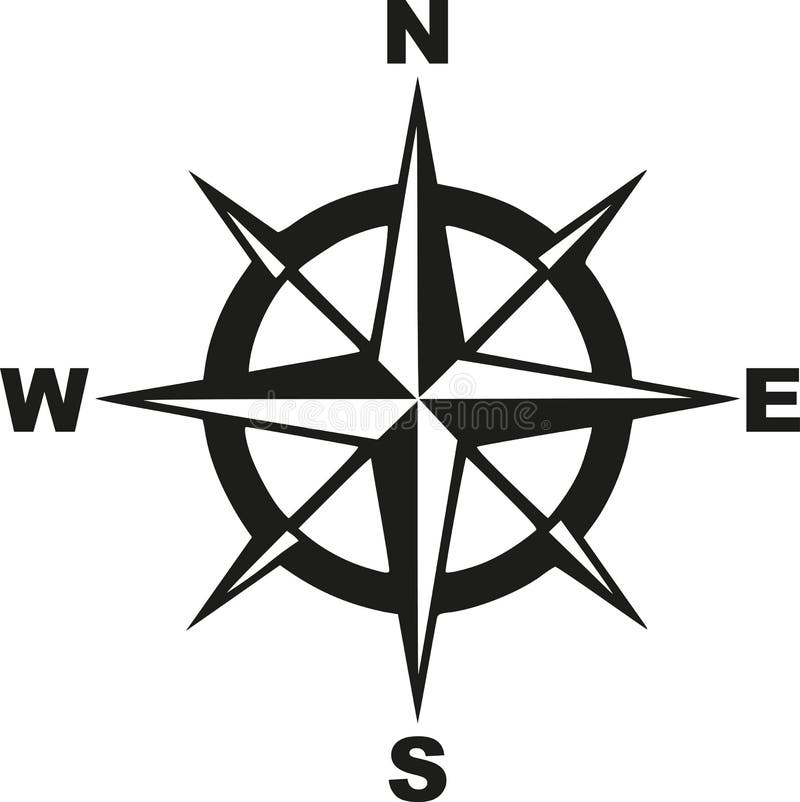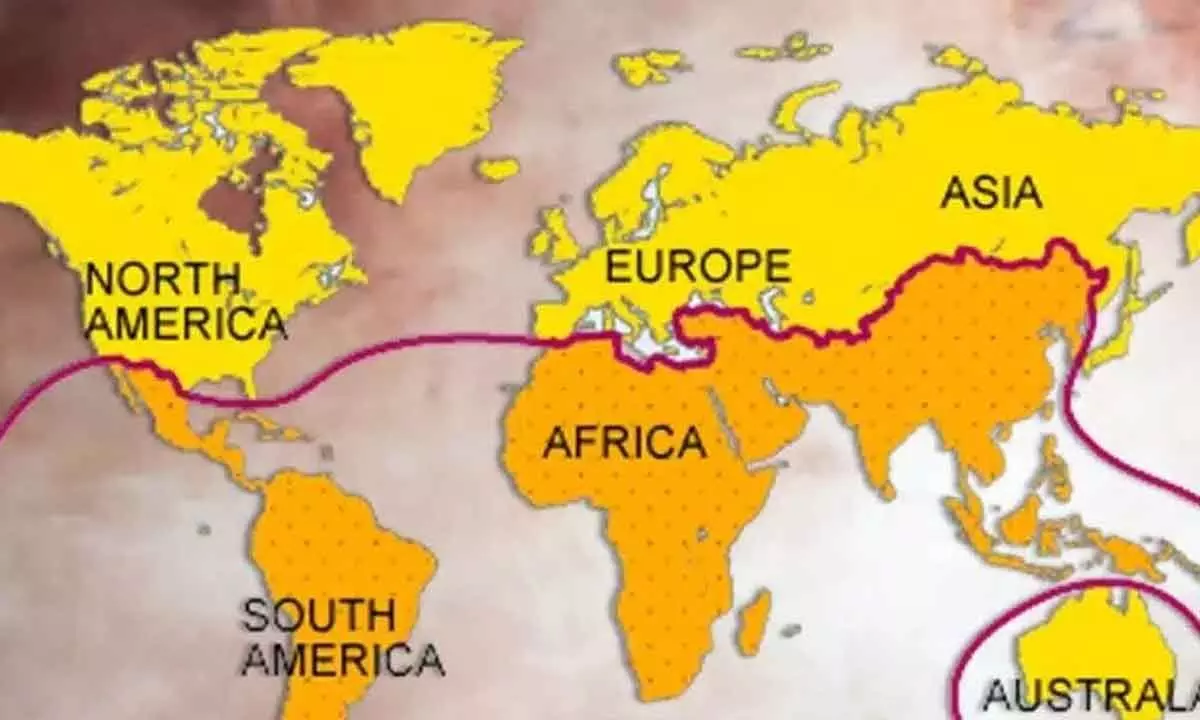AI-Generated Article
This content has been automatically generated using artificial intelligence technology. While we strive for accuracy, please verify important information independently.
When we think about a "command," our minds often go to places of organization, of direction, of managing things, you know? It's about a group, or perhaps a structure, that has a clear purpose, a way of getting things done. What might a group like a South Western Command, or any similar organizational body, find interesting or even important in the world of words and how they come together? It’s a bit of a curious thought, really, but language, as a matter of fact, plays a truly central part in how any group, big or small, operates and understands its surroundings. We’re going to look at some ideas about how words are put together and managed, and how that connects, in a very broad way, to the idea of a command structure.
It's not always about grand strategies or vast operations, is that right? Sometimes, the most important work happens at a much finer level, like with individual words and their meanings. Just think about how crucial it is for any group, especially one that might be called a South Western Command, to have a clear grasp of communication. That means knowing exactly what terms mean, no matter where they come from. So, we're talking about the careful thought that goes into making sure every single word carries its correct sense, especially when you are moving between different ways of speaking.
This careful handling of language, it actually mirrors the kind of precision that any well-organized group, say, a South Western Command, might value. It’s about getting the details right, making sure information is conveyed without any confusion. So, in some respects, the way words are put into a dictionary, the way they are looked over and made ready for others to use, gives us a little glimpse into the kind of careful work that helps any group function smoothly. It is a process that needs dedication, and a real commitment to accuracy, too.
Table of Contents
- What Does a "South Western Command" Do With Words?
- Unpacking "Pol Theas" and "An Afraic Theas"
- The Heartbeat of an Online Community
- The Collaborative Spirit
- Looking at the Future of Language Resources
What Does a "South Western Command" Do With Words?
Think about the sheer effort involved in putting together a dictionary, you know? It's a huge undertaking. Every single word needs to be looked at very closely. We are talking about taking a word from one tongue and finding its proper meaning in another. This process is often much more than just a simple swap. It requires a real deep dive into the sense and feeling of a word, making sure it fits just right in its new linguistic home. For a group that might be called a South Western Command, or any group that needs to communicate clearly, this kind of careful work with words is, well, it's pretty essential.
The act of turning one word into another, especially across different tongues, shows us how important precision can be. For example, when you see an "Irish dictionary word translation for pol theas," you're witnessing this careful process in action. The term "pol theas" itself, which refers to a particular geographical point, needs to be rendered in a way that everyone can grasp its true meaning. This isn't just about simple vocabulary; it's about conveying concepts accurately. A South Western Command, or any group working with diverse information, would absolutely depend on such clear, accurate word transfers to make sure everyone is on the same page, so to speak. It’s about removing any chance for confusion, you see.
How Does the South Western Command Relate to Language Tools?
So, how does a group like a South Western Command, or any organized body, actually use these sorts of language tools? Well, they might need to understand local terms, or perhaps translate instructions for a wider audience. The need for precise language is universal, actually. When you have a dictionary that offers "Irish dictionary word translation for an afraic theas," you are looking at a resource that helps bridge language gaps. "An Afraic Theas" points to a specific country, and getting that name right, in another language, is a basic but very important step in communication. This attention to detail in language tools is something any group with a clear mission would, in fact, find incredibly helpful, because it helps everyone understand each other better, don't you think?
It's about having the right information at your fingertips, isn't it? A language tool, like a dictionary, gives you that. It's a reliable source for knowing what words mean and how they should be used. For a South Western Command, or any group that works across different areas or with different people, having access to these kinds of precise word definitions is, arguably, a real asset. It means less guesswork and more clarity in their interactions. So, you can see how the very existence of such a carefully put-together language resource speaks to the value of clear communication for any organization, even one that sounds as formal as a "command."
Unpacking "Pol Theas" and "An Afraic Theas"
Let's take a closer look at those specific examples mentioned, shall we? The phrase "Irish dictionary word translation for pol theas" points to the translation of a geographical term. "Pol theas" means "south pole." This is a fixed point on the earth, a very specific place. To translate it correctly, you need to know not just the words, but the underlying concept. It shows that dictionaries are not just about individual words; they are about connecting ideas and places across different ways of speaking. This kind of accuracy is something a South Western Command, or any group that deals with geography or specific locations, would really appreciate, since getting directions or places wrong could have a big impact, you know.
Then there's "Irish dictionary word translation for an afraic theas." This refers to "South Africa," a whole country. Translating country names, or any proper noun, carries its own set of considerations. It's about respecting the original name while making it accessible to speakers of another tongue. This kind of work is very much about cultural understanding as well as linguistic skill. So, the dictionary isn't just a list of words; it's a bridge between cultures and places. For any group, perhaps a South Western Command, that might operate in diverse areas or engage with different cultures, having these precise translations is, quite literally, a fundamental building block for good relations and clear understanding. It’s about getting the lay of the land, in a way, through language.
What is the Significance of These South Western Command Terms?
So, what's the big deal about these specific terms, like "pol theas" and "an afraic theas," in the context of a South Western Command, or any group with a purpose? Well, they show the breadth of information a good language resource must cover. It's not just everyday words; it's also technical terms, geographical names, and proper nouns. The fact that a dictionary includes these specific translations means it's a comprehensive tool, designed to help people understand a wide range of topics. Any group that values comprehensive information, like a South Western Command, would see the worth in such a detailed approach to language, because it means they can communicate about anything, anywhere, more or less.
The significance really comes down to clarity and accuracy. When you have a reliable source for these kinds of translations, it removes ambiguity. Imagine a situation where a South Western Command needs to discuss a location or a concept that is best described in a different language. Having a trusted dictionary means they can do so with confidence, knowing they are using the correct terms. This level of precision is, basically, vital for effective communication, preventing misunderstandings and making sure everyone is truly on the same page. It’s about building a solid foundation for all sorts of interactions, which is pretty important, wouldn't you say?
The Heartbeat of an Online Community
Now, let's talk about the people behind these amazing language resources. It's really interesting to think about how these dictionaries come to be. We're told that this particular Irish language dictionary is "written, edited and moderated by the online irish language community." This tells us so much about how modern language resources are built. It's not just one person working in isolation; it's a collective effort. An online community is a group of people who come together, often from different places, to work on a shared interest. In this case, it's their love for and dedication to the Irish language, which is pretty cool, actually.
The fact that it's "written" by the community means that many people contribute their knowledge. They put forward words, definitions, and examples. This collaborative writing process means that the dictionary gets input from a wide range of people, each with their own experiences and insights into the language. It’s a very democratic way of building a resource, you know? This kind of shared contribution, where many hands make the work lighter and richer, is something that any organized group, even one that might be called a South Western Command, could learn from. It shows the strength that comes from many people bringing their skills together for a common aim.
Then there's the "edited" part. Once words are put forward, they don't just go straight into the dictionary. They are looked over, refined, and checked for accuracy. This editing process is really important for maintaining quality and consistency. It ensures that the dictionary is reliable and that all the entries meet a certain standard. This kind of careful review is, arguably, a sign of true dedication to the resource. Any group, including a South Western Command, that needs to maintain high standards in its information or operations would understand the value of this kind of thorough editing, because it means the end product is trustworthy.
And finally, it's "moderated." Moderation is about overseeing the whole process, making sure that contributions are appropriate and that discussions stay on track. It's about keeping the community healthy and productive. The moderators act as guides, ensuring that the dictionary remains a valuable and accurate tool. This role of oversight and guidance is, in some respects, similar to the function of a "command" in any organization. It’s about steering the ship, so to speak, and making sure everyone is working together effectively towards a common goal. This continuous care is what keeps the resource vibrant and useful, you see.
Who Steers the South Western Command of Language?
So, who are these people who, in a way, form the "South Western Command" of this language resource? It's the online Irish language community. These are individuals who care deeply about their language. They might be native speakers, learners, teachers, or just enthusiasts. They come together because they share a common passion. Their collective effort is what gives the dictionary its life and its accuracy. It's a testament to the power of shared interest and voluntary contribution, which is pretty inspiring, actually.
This community, by its very nature, is a self-organizing body. They decide what needs to be done, how to do it, and they put in the work. This kind of grassroots effort, where people take ownership of a shared resource, is a powerful model. It shows that a "command" doesn't always have to be a top-down structure. It can be a collaborative network of individuals working together, guiding their own efforts. For any group, even one that is a formal South Western Command, understanding the dynamics of such a self-driven community can offer valuable lessons in motivation and collective achievement. It’s about people coming together for a purpose, you know?
The Collaborative Spirit
The idea of an "online Irish language community" working together to build and maintain a dictionary really highlights the power of collaboration. In today's interconnected world, people can come together from anywhere to achieve a shared goal. This community shows that when individuals combine their knowledge and efforts, they can create something truly valuable that benefits many others. This collaborative spirit is, basically, what makes the dictionary so rich and comprehensive. It's not just one viewpoint; it's a collection of many, which is very helpful.
This way of working, where people contribute, review, and guide each other, is a model for how complex projects can be managed. It demonstrates that a collective intelligence can be incredibly effective. For any group that needs to manage a lot of information or coordinate many people, like a South Western Command, understanding how an online community effectively "commands" its own resources can offer useful insights. It's about shared responsibility and a collective commitment to quality, which are qualities that any effective group would want to cultivate, wouldn't you agree?
Looking at the Future of Language Resources
When we consider the future of language resources, the model of an "online Irish language community" managing its own dictionary seems very forward-thinking. It's a dynamic system that can adapt and grow as the language itself changes. New words can be added, old definitions can be refined, and the resource can stay relevant for its users. This continuous process of updating and improving is what keeps the dictionary a living, breathing tool for language learners and speakers alike. It’s a very organic way for a resource to stay current, which is pretty important.
This approach to language management, where the community itself takes the reins, offers a compelling vision for how specialized knowledge can be preserved and shared. It's about empowering the people who use the language to be its guardians and developers. For any group that needs to manage evolving information or maintain a vital resource, like a South Western Command might, the lessons from this online community are clear: involvement, collaboration, and continuous care are key to long-term success. It shows that true command, in a way, comes from shared ownership and a deep commitment from everyone involved, which is a powerful thing, really.
This article has explored the concept of "South Western Command" by looking at the detailed work of an online Irish language community. We discussed how an Irish dictionary provides translations for terms like "pol theas" and "an afraic theas," showing the precision needed in language tools. We also focused on the collaborative effort of the online community
🖼️ Related Images



Quick AI Summary
This AI-generated article covers South Western Command - Language And Community Insights with comprehensive insights and detailed analysis. The content is designed to provide valuable information while maintaining readability and engagement.
Prof. Kennith Halvorson DDS
✍️ Article Author
👨💻 Prof. Kennith Halvorson DDS is a passionate writer and content creator who specializes in creating engaging and informative articles. With expertise in various topics, they bring valuable insights and practical knowledge to every piece of content.
📬 Follow Prof. Kennith Halvorson DDS
Stay updated with the latest articles and insights